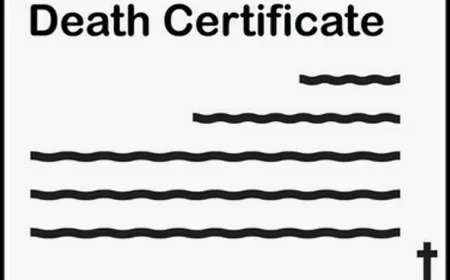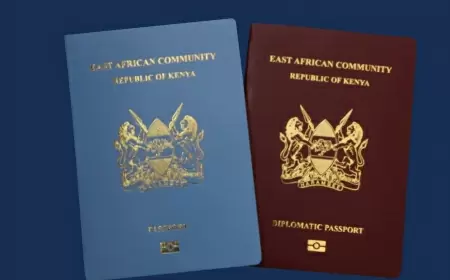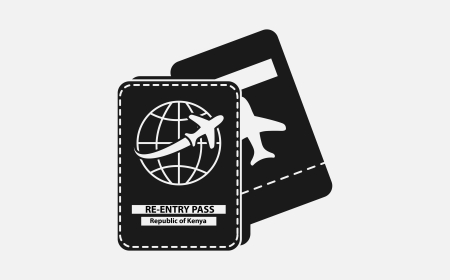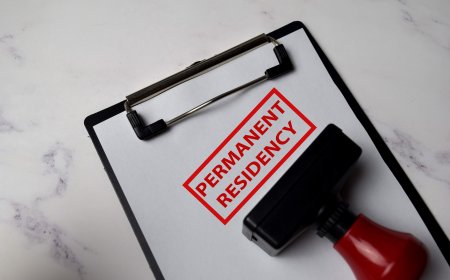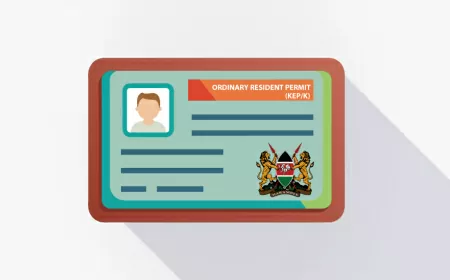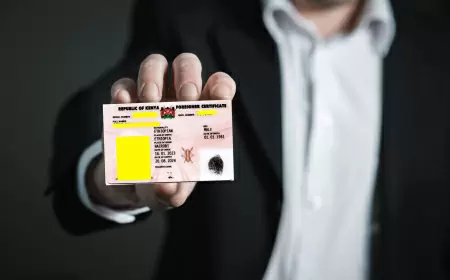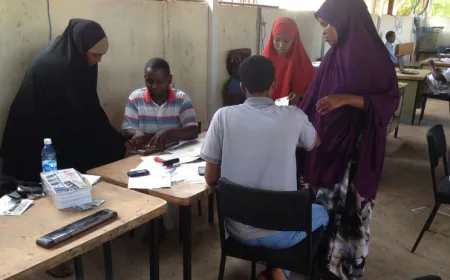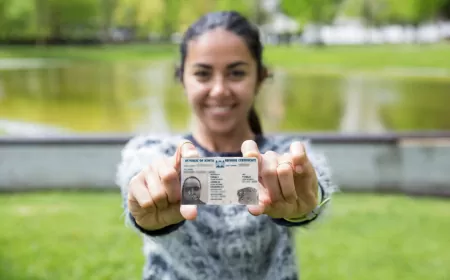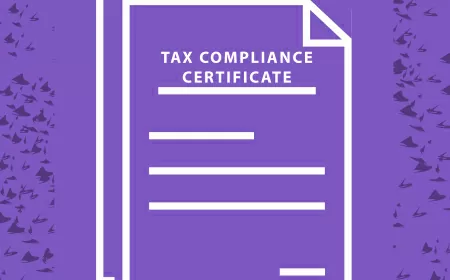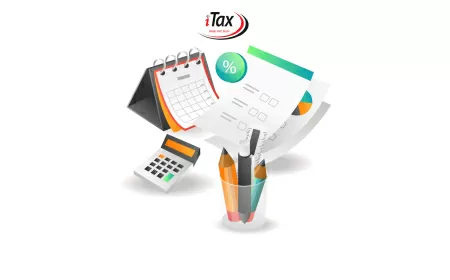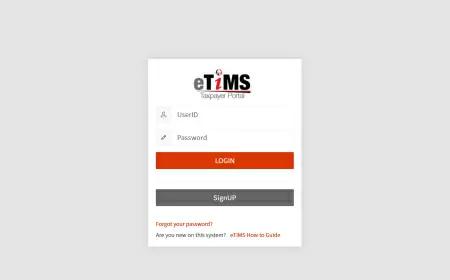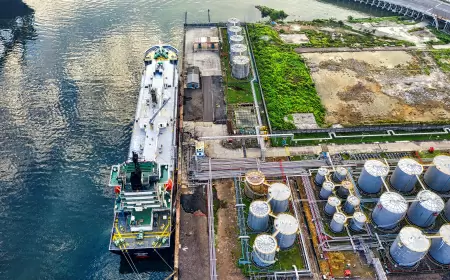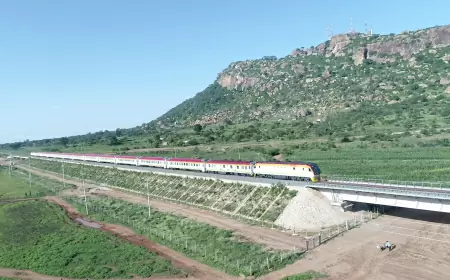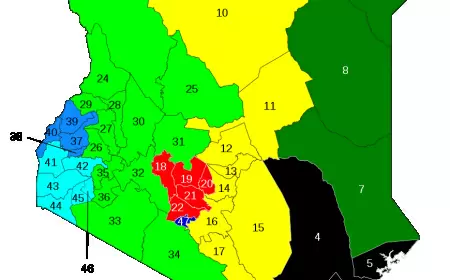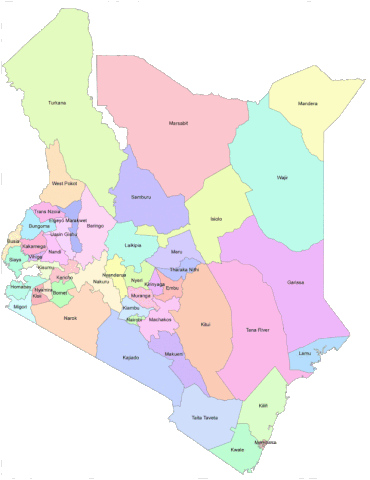Registering a Construction Company in Kenya
Learn the essential steps to register a construction company in Kenya, including legal requirements, documentation, and tips for a smooth registration process. By following these steps and seeking professional guidance, you can successfully register your local construction company in Kenya and start your business operations.
1. Begin With Company Registration First
- Decide on the type of company you want to register, such as a
- Private Limited Company (LTD)
- Limited Liability Partnership (LLP),
- Public Limited Company (PLC), or a
- Branch of foreign company .
- Reserve a unique name for your company through the eCitizen portal.
- Gather the necessary documents, including:
- Memorandum of Association and Articles of Association
- Identification documents of directors and shareholders
- Company address details
Submit the completed application forms and required documents to the Business Registration Service
2. Proceed to Register for Tax Registration.
To register for tax purposes, begin by registering your company with the Kenya Revenue Authority (KRA).
This process will enable you to obtain a KRA PIN Certificate and a Tax Compliance Certificate (TCC).
Additionally, if your company's annual turnover surpasses the KES 5,000,000 VAT threshold, it is necessary to register for Value Added Tax (VAT).
3. Register with the National Construction Authority (NCA).

In Kenya, local contractors must register with the National Construction Authority (NCA) to legally engage in construction activities. The NCA categorizes registrations into eight levels, from NCA 8 to NCA 1, which dictate the scope and complexity of projects a contractor can undertake.
To register as a local contractor with the NCA, several requirements must be met:
- Submit company registration certificate or a certificate of incorporation.
- For incorporated companies, include CR12 documentation.
- Provide ID copies for all directors.
- Present academic certificates and testimonials for technically qualified directors and staff members.
- Obtain a valid KRA Tax Compliance Certificate (TCC).
- Attach a certified copy of the current business permit license.
- Provide proof of past experience or ongoing projects if available.
- Demonstrate ownership or access to necessary plant equipment and machinery through certified documents.
- Supply three years' audited financial accounts certified by an ICPAK member along with other relevant financial information such as bank statements.
Contractors may choose to register with an industry association and submit their membership certificate as part of their application. Options include;
- The Kenya Association of Building and Civil Engineering Contractors (KABCEC),
- Roads and Civil Engineering Contractors Association (RACECA),
- Association of Construction Managers of Kenya (ACMK),
- Kenya Property Developers Association (KPDA),
- Kenya Federation of Master Builders (KFMB), and the
- Architectural Association of Kenya.
4. Categories of NCA Certification and Classes of Works in Kenya.
In Kenya, the National Construction Authority (NCA) certification is divided into eight categories, ranging from NCA 8 to NCA 1. Additionally, there are five classes of works that fall under this certification system:
- Water and Roads: These are classified under civil engineering works.
- Mechanical and Electrical: This category is classified under specialist engineering services.
- Building Engineering Works: This class pertains to construction activities related to building structures.
5. Contractors on Select Specialist Subclasses Works
Contractors aiming to engage in projects under select specialist subclasses must obtain the necessary licenses from the Communications Authority of Kenya (CA) and the Energy and Petroleum Regulatory Authority (EPRA).
The required licenses are as follows:
- Electrical Installations require EPRA licensing.
- Generating Plants, Lifts, and Escalators also fall under EPRA's jurisdiction.
- Radio Communication requires CA licensing.
- Structural Cabling is regulated by CA.
- Telecommunication services, including PABX systems, intercoms, and telephone wiring, require CA approval.
These regulations ensure that contractors meet the standards set by these authorities for specialized work.
6. NCA Registration, Application and Renewal Fee for Kenyan Contractors
The table below shows the schedule for registration and includes application fees.
| Type of Fee |
Type of Application |
Amount (KES.) |
|
| 1 | Application Fees | New Application | 5,000 |
| Upgrading Class of Contractor | 5,000 | ||
| Appeals | 5,000 | ||
| 2. | Registration Fees | ||
| NCA1 Category | 100,000 | ||
| NCA2 Category | 75,000 | ||
| NCA3 Category | 50,000 | ||
| NCA4 Category | 25,000 | ||
| NCA5 Category | 20,000 | ||
| NCA6 Category | 15,000 | ||
| NCA7 Category | 10,000 | ||
| NCA8 Category | 5,000 | ||
| 3. | Annual Licence Renewal Fees | ||
| NCA1 Category | 30,000 | ||
| NCA2 Category | 25,000 | ||
| NCA3 Category | 20,000 | ||
| NCA4 Category | 15,000 | ||
| NCA5 Category | 12,000 | ||
| NCA6 Category | 10,000 | ||
| NCA7 Category | 5,000 | ||
| NCA8 Category | 2,500 | ||
| 4. | Late Renewal Fees | ||
| NCA1 Category | 90,000 | ||
| NCA2 Category | 75,000 | ||
| NCA3 Category | 60,000 | ||
| NCA4 Category | 45,000 | ||
| NCA5 Category | 36,000 | ||
| NCA6 Category | 30,000 | ||
| NCA7 Category | 15,000 | ||
| NCA8 Category | 10,000 |
7. Additional Licenses and Permits
For various types of construction work, obtaining additional licenses and permits from relevant authorities is often necessary. These may include:
- County Government Licenses: Required for building permits and other local government authorizations.
- Professional Engineer's Engineers Board of Kenya (EBK): Necessary for providing engineering services.
- National Environment Management Authority (NEMA): Needed for conducting environmental impact assessments.
Was this information helpful ?








